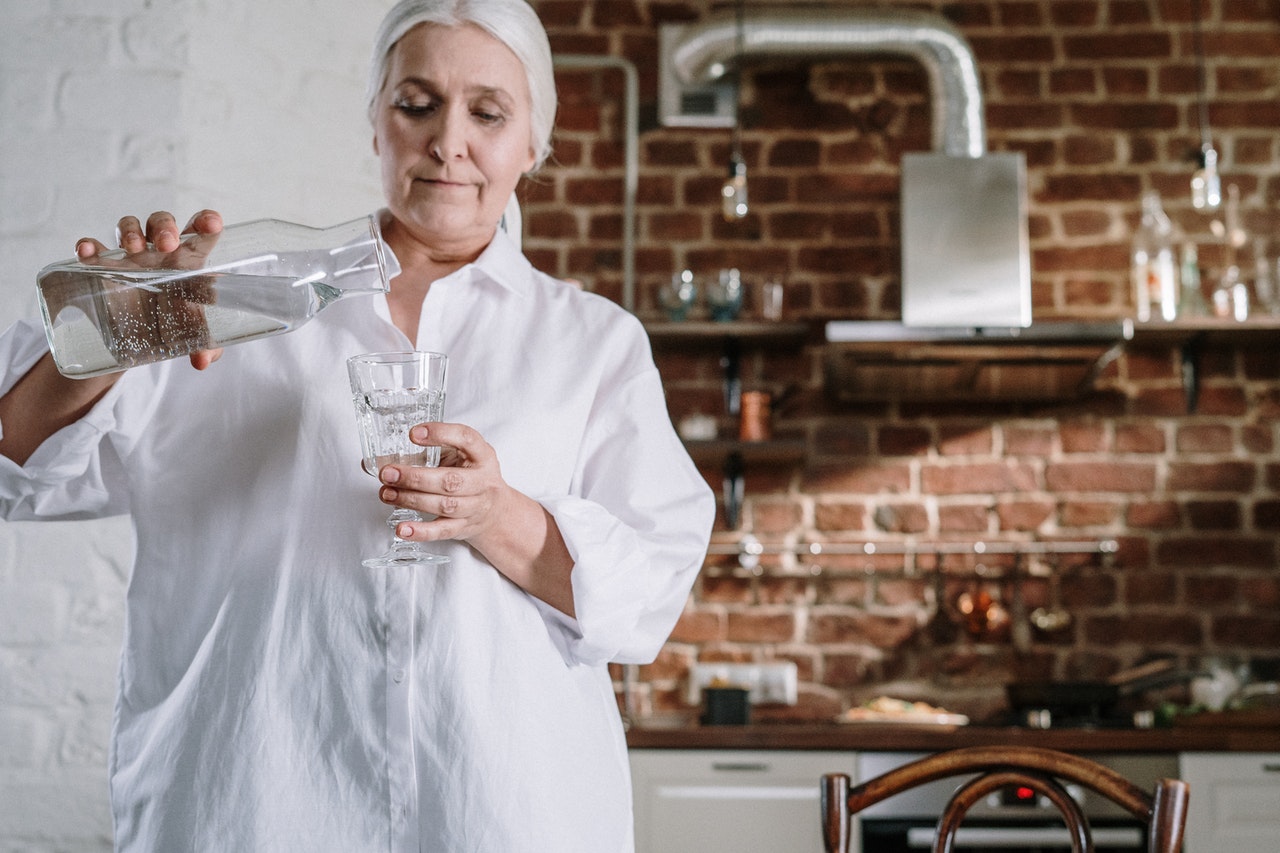
28 Apr Dry Mouth Doesn’t Have to Be a Normal Part of Aging
Although there are many changes you have to get used to as you age, dealing with dry mouth doesn’t have to be one of them. At Dr. Saba and Associates, we can help you determine the steps you can take to relieve your symptoms. Treating dry mouth is important because the condition isn’t just uncomfortable—it also increases your risk for tooth decay and gum disease. By understanding the root cause of your symptoms, you can find the most effective treatment for dry mouth in old age, and improve your quality of life and oral health.
What Is Dry Mouth and Why Should You Treat It?
Dry mouth, medically known as xerostomia, happens when your salivary glands fail to produce enough saliva to lubricate your mouth. Your mouth needs saliva to moisten your throat and help break down food for easy digestion.
Saliva is also important for your oral health because it washes away food particles and bacteria from your mouth and helps to strengthen your teeth. Your saliva brings fluoride, calcium, and phosphate to the surfaces of your teeth and helps rebuild your enamel through a process called remineralization.
When your mouth doesn’t produce enough saliva, you may have problems like cracked lips, loose dentures, mouth sores, and difficulty swallowing. Dry mouth also leads to more plaque buildup and weaker enamel, increasing your risk for tooth decay and gum disease. The issues stemming from dry mouth will only cause more pain and discomfort if the condition is left untreated.
Symptoms of Dry Mouth
Speak with your dentist or doctor about treatment if you are experiencing any of the following symptoms of dry mouth:
- Dryness or sticky feeling in the mouth
- Thick and stringy saliva
- Difficulty wearing dentures
- Dry tongue, or grooves on your tongue
- Changes in your sense of taste
- Dry or sore throat
- Bad breath
- Hoarseness
Four Common Causes of Dry Mouth
Although it isn’t caused by aging, people over the age of 65 are more likely to experience dry mouth. Older people are more likely to take medications or have medical conditions that cause dry mouth. Identifying and treating the underlying causes of dry mouth can help you find long-term relief.
1: Medications
Prescription medications are the most common cause of dry mouth in older adults. In fact, over 500 medications are known to cause dry mouth as a side effect, including medications that treat high blood pressure, Parkinson’s disease, and depression. Certain medications can also impact your oral health in other ways, by causing bleeding gums or tooth decay.
2: Medical Conditions and Diseases
Numerous health conditions and illnesses can also cause dry mouth. Autoimmune diseases in particular lead to dry mouth because they cause inflammation that reduces the ability to produce saliva.
Common medical conditions and diseases in older adults that cause dry mouth include:
- Parkinson’s Disease
- Sjogren’s Syndrome
- Alzheimer’s Disease
- Diabetes
- Arthritis
3: Alcohol and Tobacco Use
Certain lifestyle factors can also contribute to dry mouth. For instance, long-term alcohol and tobacco use may cause chronic dry mouth. It can also be a withdrawal symptom when quitting drinking or smoking. However, stopping alcohol and tobacco use is still a good way to relieve dry mouth and improve your overall health.
4. Chemotherapy
The drugs used to treat cancer can alter the nature of your saliva as well as the amount that you produce. Chemotherapy radiation can also damage the salivary glands, resulting in less saliva production. As the risk of cancer increases with age, cancer treatment is another reason dry mouth is so prominent in older adults.
How to Cope With Dry Mouth
Some causes of dry mouth are unavoidable, but you can still find relief from your symptoms by following these tips:
- Avoid or limit caffeine, which is a diuretic.
- Chew sugar-free gum or suck on sugar-free candies to stimulate saliva flow without increasing the risk of cavities.
- Use a humidifier at night to add moisture to the air while you sleep.
- Avoid mouthwashes that contain alcohol, which can dry out your mouth further. Your dentist may prescribe a mouth rinse specifically designed to treat dry mouth.
- Breathe through your nose instead of your mouth.
- Drink plenty of water.
Preventative Dental Care in Sun Lakes, Arizona
Because dry mouth puts you at higher risk for tooth decay and gum disease, it’s important that you seek preventative dental care. Drs. Saba and Romanin at Sun Lakes Dentistry can help you maintain a clean and healthy smile with professional cleanings, non-surgical gum disease treatments, and more. If you are suffering from dry mouth, please don’t hesitate to call us at 480-895-2111 to schedule an appointment.
Images used under creative commons license – commercial use (4/28/2022). Photo by cottonbro from Pexels



